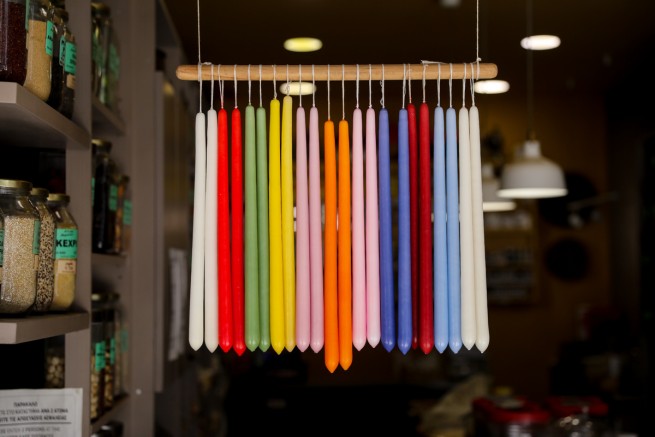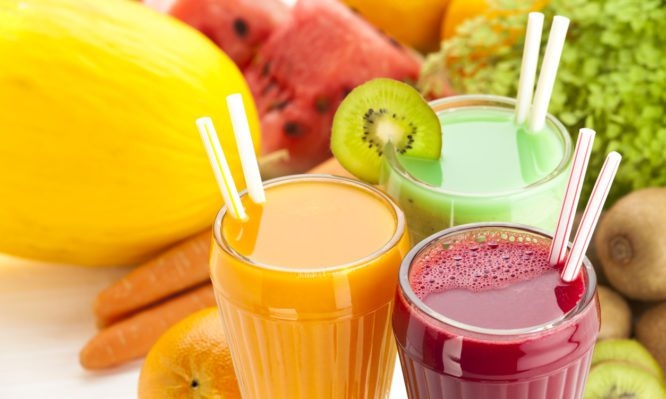A recent study published in Frontiers of Nutrition explores whether and how polyphenols found in 100% natural fruit juices can reduce the risk of cardiovascular disease.
Polyphenols are a class of plant compounds found primarily in fruits, vegetables, herbs, spices, and grains. Large amounts of polyphenols are also found in tea, red wine, dark chocolate, and coffee. However, fruits and vegetables remain the two most important sources of polyphenols.
Polyphenols can act as antioxidants, neutralizing harmful free radicals that increase the risk of inflammation and chronic diseases such as cancer, diabetes, and cardiovascular disease.
A study that collated a range of data from previous articles to understand the effects of polyphenols found in 100% natural fruit juices on cardiovascular health concluded that no significant effect on biomarkers of cardiometabolic risks was found. However, there was a slight protective effect of natural juices in reducing the level of the so-called “bad” LDL cholesterol in people with an increased risk of cardiovascular disease.
The study also showed that anthocyanins (colored water-soluble pigments belonging to the phenolic group) may play a role in achieving some of the beneficial effects (100% natural fruit juices have an effect on certain blood lipids).
Anthocyanins belong to the broader class of flavonoids and are the main components responsible for the intense red-orange and blue-purple color of many fruits and vegetables. Rich sources are blueberries, strawberries and their juices, red and purple grapes, cherries, plums, etc.
However, it should be noted that juice consumption is not the best option compared to eating whole fruits due to the loss of fiber and sugars they contain. Juices are high in calories and easier to digest than whole fruits, but they lose most of the dietary fiber and make you feel less full. Therefore, one serving of juice corresponds to two or even three servings of fruit. Experts advise moderation in the consumption of freshly squeezed juices, so that in the end it does not lead to diabetes.







More Stories
Vaccine to combat antibiotic resistance
Oral health: increased risk of cancer
Avian influenza virus found in cow's milk